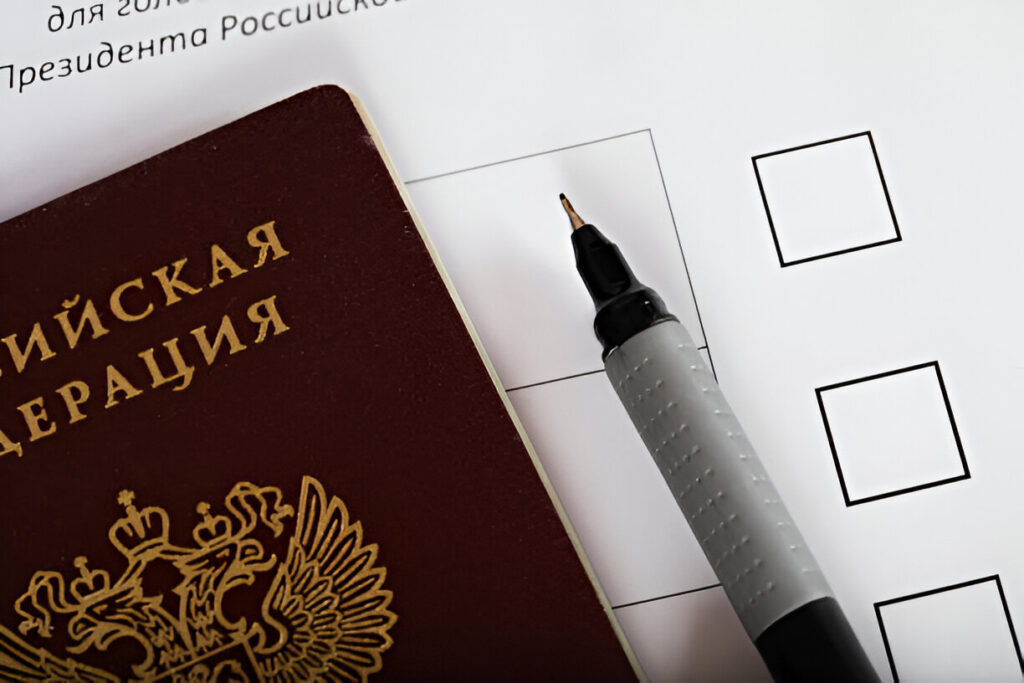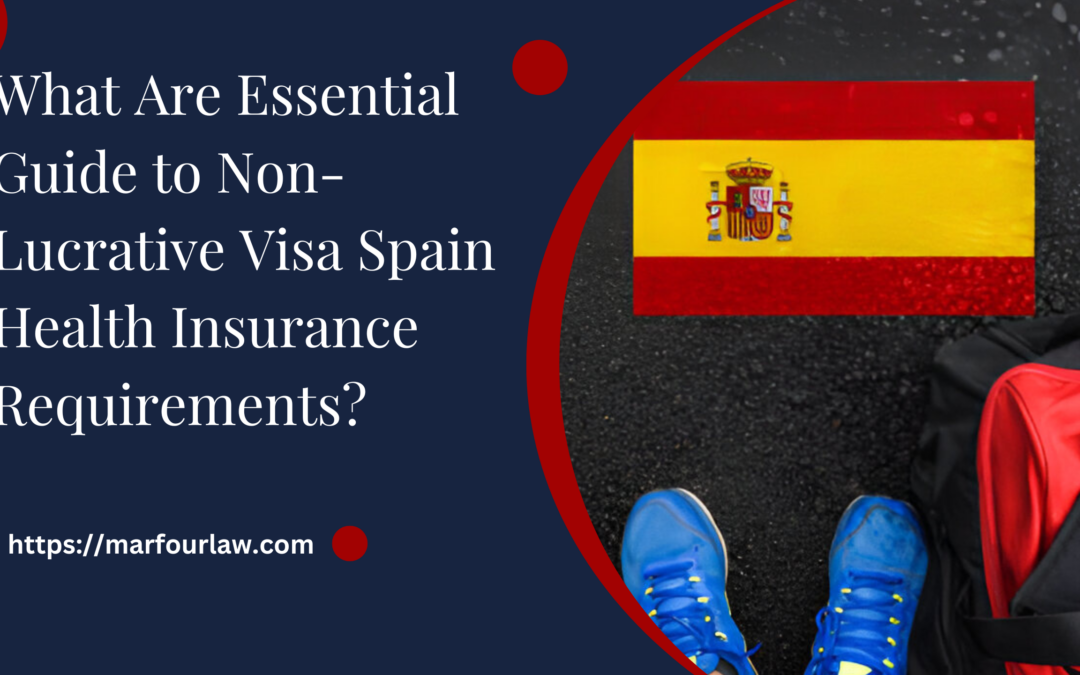Spanish citizenship through naturalization is an attractive option for those looking to establish a permanent connection with Spain. Whether for work, family, or personal reasons, acquiring citizenship in this vibrant country offers numerous benefits. But how do you get there? What are the Spanish citizenship requirements? This blog covers everything you need to know about the naturalization process and how to become a Spanish citizen.
What is Spanish Citizenship Through naturalization
Spanish citizenship through naturalization allows foreign nationals to become citizens of Spain. This pathway offers a way to gain full rights and privileges associated with Spanish citizenship after fulfilling specific requirements. Here’s an overview of the process and what it entails.
Benefits of naturalization
naturalization comes with several benefits, including:
- Full Rights as a Citizen: You gain the same rights as native citizens, including the right to vote and participate in public life.
- European Union Citizenship: As a Spanish citizen, you are also a citizen of the European Union, which allows for free movement across EU member states.
- Access to Social Services: Naturalised citizens can access Spain’s healthcare system, education, and social benefits.
- Potential for Dual Citizenship: Depending on your original nationality, you might be able to hold dual citizenship, allowing you to maintain ties to your home country.
Spanish citizenship through naturalization is an excellent option for those looking to fully integrate into Spanish society. By meeting the residency, conduct, and integration requirements, you can gain citizenship and enjoy the various benefits it offers. If you have questions about the process, Marfour International Law Firm is here to help you every step of the way.
How to Get Spanish Citizenship Through naturalization?
Obtaining Spanish citizenship through naturalization is a process that allows foreign nationals to become Spanish citizens after meeting specific requirements. If you are interested in making Spain your home and enjoying the benefits of citizenship, here’s a step-by-step guide on how to navigate the process.

Check Your Eligibility
Before you begin the application process, ensure you meet the eligibility criteria:
- Residency Requirement: You typically need to have lived in Spain for ten years. However, citizens from Ibero-American countries, Andorra, the Philippines, Equatorial Guinea, or Portugal can apply after just two years. For refugees, the residency requirement is five years.
- Good Conduct: You must have a clean criminal record. This means no serious convictions in Spain or your home country during the residency period.
- Integration: Demonstrating integration into Spanish society is essential. This usually includes knowledge of the Spanish language, culture, and laws.
Gather Required Documents
Collect the necessary documentation to support your application. This may include:
- Your passport and any previous residency permits.
- Proof of residency in Spain (such as rental contracts or utility bills).
- A clean criminal record certificate from both Spain and your home country.
- Documentation showing your integration into Spanish society (such as language proficiency certificates).
- Your birth certificate and, if applicable, marriage certificate.
Submit Your Application
Once you have all your documents in order, it’s time to submit your application. Here’s how:
- Where to Apply: Submit your application to the Civil Registry (Registro Civil) in your place of residence in Spain. If you are currently living outside Spain, you can apply at a Spanish consulate.
- Application Form: Complete the application form for naturalization, which can usually be obtained at the Civil Registry or consulate.
Attend an Interview
After submitting your application, you may be required to attend an interview. During this interview, officials will assess your integration into Spanish society and your knowledge of the language. Be prepared to discuss your life in Spain and answer questions about your understanding of Spanish culture and laws.
Wait for Approval
The processing time for naturalization applications can vary. It often takes several months to a year for a decision to be made. During this period, it’s crucial to be patient, as delays can
Take the Oath of Allegiance
If your application is approved, you will need to take an oath of allegiance to Spain. This oath signifies your commitment to the country and its Constitution. After taking the oath, you will officially be a Spanish citizen.
Benefits of naturalization
By obtaining Spanish citizenship through naturalization, you will enjoy numerous benefits, including:
- Full citizenship rights, including the right to vote.
- Access to Spain’s comprehensive social services and healthcare system.
- The ability to travel freely within the European Union.
Getting Spanish citizenship through naturalization is a significant step toward becoming a full member of Spanish society. By meeting the eligibility requirements, gathering necessary documents, and navigating the application process, you can secure your place in Spain. If you have questions or need assistance throughout the process, Marfour International Law Firm is here to help you every step of the way.
What Are the Spanish Citizenship Requirements?
Acquiring Spanish citizenship opens the door to a range of rights and opportunities within Spain and the European Union. However, there are specific requirements that applicants must meet based on the pathway they choose. Here’s a detailed look at the requirements for obtaining Spanish citizenship.\

Residency Requirements
One of the primary criteria for Spanish citizenship is residency. The length of time you must have lived in Spain depends on your nationality:
- Standard Residency: For most applicants, you must have legally resided in Spain for ten years.
- Reduced Residency: Citizens from Ibero-American countries, Andorra, the Philippines, Equatorial Guinea, or Portugal can apply after just two years of residency.
- Refugees: If you have refugee status, you can apply after five years of residency.
Good Conduct
Good conduct is a critical requirement for citizenship:
- Criminal Record: You must provide proof of having no serious criminal convictions in Spain or your home country during your residency period. A clean criminal record is essential to demonstrate your good character.
Integration into Spanish Society
Showing integration into Spanish society is another vital requirement:
- Language Proficiency: You need to demonstrate knowledge of the Spanish language. This is often assessed through a language test or by providing certificates of completion for Spanish language courses.
- Cultural Knowledge: Applicants may also need to demonstrate an understanding of Spanish culture, history, and laws. This can include taking a test that covers these subjects.
Financial Stability
While not always explicitly stated, financial stability is often an implied requirement:
- Proof of Income: You should be able to show that you have a stable source of income to support yourself and any dependents. This could be through employment, savings, or other financial means.
Documentation Requirements
When applying for citizenship, you’ll need to gather several important documents, including:
- Identification: A valid passport and any previous residency permits.
- Proof of Residency: Documents like rental contracts, utility bills, or other official documents that confirm your residence in Spain.
- Clean Criminal Record: Certificates from Spain and your home country showing you have no criminal convictions.
- Integration Documents: Proof of language proficiency and cultural knowledge, such as certificates from language courses or results from citizenship tests.
- Birth Certificate: An official copy of your birth certificate and, if applicable, a marriage certificate.
Oath of Allegiance
Once your application is approved, you will be required to take an oath of allegiance to Spain, pledging to uphold its Constitution and laws. This is the final step in the citizenship process.
If you need assistance or have questions about the process, Marfour International Law Firm is ready to help you through every step of your journey.
Dual Citizenship – Is it Possible?
Many people wonder if it’s possible to hold dual citizenship after becoming a Spanish citizen. The answer is yes, but it depends on where you’re from.
Countries That Allow Dual Citizenship
Spain has agreements with certain countries that allow dual nationality, such as Latin American nations, the Philippines, Andorra, and others. This means you can keep your original citizenship while also becoming a Spanish national.
Renouncing Original Citizenship
For those from countries not covered by Spain’s dual nationality agreements, you’ll need to renounce your original citizenship when you become a Spanish citizen. This is an important point to clarify depending on your home country’s laws.
Common Mistakes to Avoid When Applying for Spanish Citizenship
Applying for Spanish citizenship can be a complicated process, and many applicants make mistakes along the way. Being aware of these common pitfalls can save you time and frustration. Let’s explore some key mistakes to avoid when pursuing citizenship in Spain.

Not Gathering All Required Documents
One of the biggest mistakes people make is not collecting all the necessary paperwork before they start the application process. Imagine trying to cook a recipe without all the ingredients—it just won’t work out well! Make sure you have all required documents in hand, including proof of residency, identity, and any necessary legal documents. Check the official requirements to ensure you don’t miss anything.
Ignoring Language Proficiency Requirements
If you’re not fluent in Spanish, you might think it won’t matter, but it can! Most applications require you to demonstrate some level of proficiency in the language. This can be a daunting hurdle if you’re not prepared. Think of it like trying to swim in the deep end without learning how to float first. Enroll in language courses, practice speaking, and immerse yourself in the language to boost your confidence and skills.
Misunderstanding the Residency Requirement
Many applicants overlook the residency requirement, which varies based on your nationality and circumstances. For instance, if you’re not from a Spanish-speaking country, you might need to live in Spain for ten years before applying. It’s essential to know these rules so you don’t waste time applying too early. Consider this like wanting to run a marathon without training; you’ll likely end up disappointed if you don’t meet the necessary conditions.
Failing to Prepare for the Citizenship Test
The citizenship test can be a source of anxiety for many applicants, but failing to prepare for it is a mistake you can avoid. This exam usually covers Spanish history, culture, and the Constitution. Take the time to study and familiarize yourself with these topics. Picture it like preparing for a big exam in school—you wouldn’t just show up without studying, would you?
Underestimating Processing Time
Patience is key when applying for citizenship. Many people underestimate how long the entire process will take. It can take several months, or even years, for your application to be processed. If you think it’ll happen overnight, you may find yourself feeling frustrated. Keep this in mind, and don’t make any big life plans based on a rushed timeline. Instead, think of it as a journey where you need to enjoy the ride rather than rushing to the destination.
Not Seeking Legal Assistance
Some people think they can handle the citizenship application on their own without any help, but this can lead to mistakes. If you’re unsure about the process or need guidance, consider seeking legal assistance. Professionals like those at Marfour International Law Firm can help ensure that your application is complete and accurate. It’s like trying to fix your car without knowing anything about mechanics—you might end up causing more problems than you solve.
Overlooking Application Fees
While this might seem minor, not accounting for the application fees can lead to unexpected surprises. Many applicants forget to budget for these costs, which can add up. Make sure to check the fees associated with your application and include them in your financial planning. It’s similar to going shopping without checking your wallet; you might find yourself coming up short at the checkout.
Ignoring Follow-Up Communications
After submitting your application, it’s crucial to keep an eye on any follow-up communications. Sometimes, authorities may reach out for additional information or clarification. Ignoring these requests can delay your application or even lead to its rejection. Think of it as a friendly nudge from your teacher reminding you to turn in your assignment—it’s best to respond promptly to stay on track.
Being Uninformed About Your Rights
Many applicants don’t fully understand their rights during the application process. Familiarizing yourself with your rights can empower you throughout the journey. If something feels off or you encounter issues, knowing your rights can help you advocate for yourself. It’s like knowing the rules of a game; if you don’t know them, you might miss out on playing effectively.
If you have questions or need guidance, don’t hesitate to reach out to experts at Marfour International Law Firm for assistance tailored to your needs.
FAQs
How long does it take to get Spanish citizenship through naturalization?
The entire process, from application submission to receiving a decision, can take up to two years. This includes the time it takes for authorities to review your documentation and background checks.
Can I apply for Spanish citizenship if I’ve lived in Spain for less than 10 years?
Yes, in certain cases. If you’re from a Latin American country, Andorra, the Philippines, Equatorial Guinea, or Portugal, you can apply after just two years of legal residency. Refugees can apply after five years, and those married to a Spanish citizen or with Spanish children may also qualify sooner.
Do I need to renounce my original nationality when I become a Spanish citizen?
It depends on your country of origin. Spain allows dual citizenship with certain countries, such as those in Latin America and a few others like the Philippines. However, if you’re from a country without a dual citizenship agreement with Spain, you will need to renounce your original nationality.
What are the basic requirements for Spanish citizenship through naturalization?
The main requirements include 10 years of legal residency (with some exceptions), proof of good character (clean criminal record), passing Spanish language and culture exams, and showing integration into Spanish society.
Do I need to pass a Spanish language test?
Yes, you must pass the DELE exam, which tests your Spanish language skills, unless you come from a Spanish-speaking country. Most applicants need to demonstrate at least an A2 level in Spanish.
Conclusion
Becoming a Spanish citizen through naturalization is a rewarding journey, but it’s also one that requires patience and diligence. By following the steps outlined above and preparing thoroughly, you’ll be well on your way to obtaining Spanish citizenship and enjoying all the benefits that come with it. If you need assistance at any stage, Marfour International Law Firm is here to guide you through the process.

